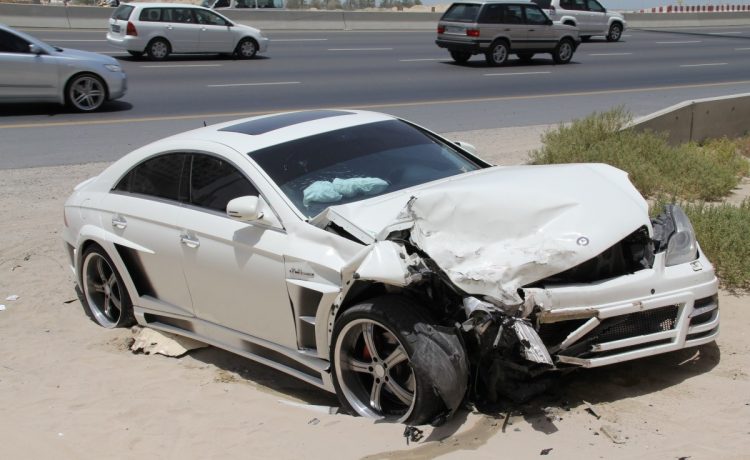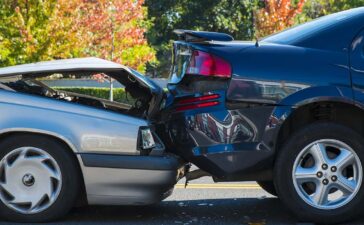Being in a car accident is traumatic. Most times automotive accidents result in damage to your car, personal injuries, and in many cases, both. As much as you may be injured or have a wrecked vehicle, you will still need to file a claim with your insurer. This may be overwhelming. You will most times settle your claim with your insurer or the party at fault out of court.
Just a small percentage of these claims go to trial. These claims and settlement will help you to offset any medical expenses, damage to your vehicle as well as psychological trauma. Remember that it is vital to have your car insured before you go out on the roads. Here are crucial things that you need to know before pursuing your car accident claim.
1.You only receive compensation when it’s the other party’s fault.
You will only be compensated for any damages if the fault was the other party’s. The evidence on the scene of the accident should indicate that the accident was not your fault. Sometimes it may be clear that the other driver was at fault. For instance, if you are broadsided by a driver who ran the red light. On the other hand, the contributor to the accident may not be as clear. Knowing what to do in a car accident will ensure the accident’s scene remains unchanged until the police and other relevant parties arrive.
This way, the other party’s insurance company will understand that their client was on the wrong side of the law. It will create room for further negotiations on how much the settlement amount should be.
2.The limits of the responsible party’s insurance policy determine your compensation
Many drivers choose to go with a minimum liability insurance cover, as required by the law. If you get into an accident because of such a driver, your compensation relies on their policy limits. In case you suffer severe injuries and incur a hefty medical bill, the policy will only cater for the costs up to the stipulated limit. You may need to hire an accident attorney who will help you get adequate compensation, whether from this driver’s assets or your insurance company.
3.The level of damage will determine your claim settlement
The degree of damage that your car sustains will determine the amount you claim as compensation. Generally, the law allows you to receive a necessary and reasonable amount as compensation. For example, if your car was a 7-year-old Sedan, it may not be practical to demand a claim that will allow you to buy a new Mercedes SUV. Your settlement should make financial sense. However, sometimes the insurer may not want to compensate you adequately. If that is the case, it may be time to visit a law office.
These are some of the basic things you need to understand before you pursue your claim after encountering a car accident. Knowing these basics will help you know the right course of action if you contemplate filing a claim.





